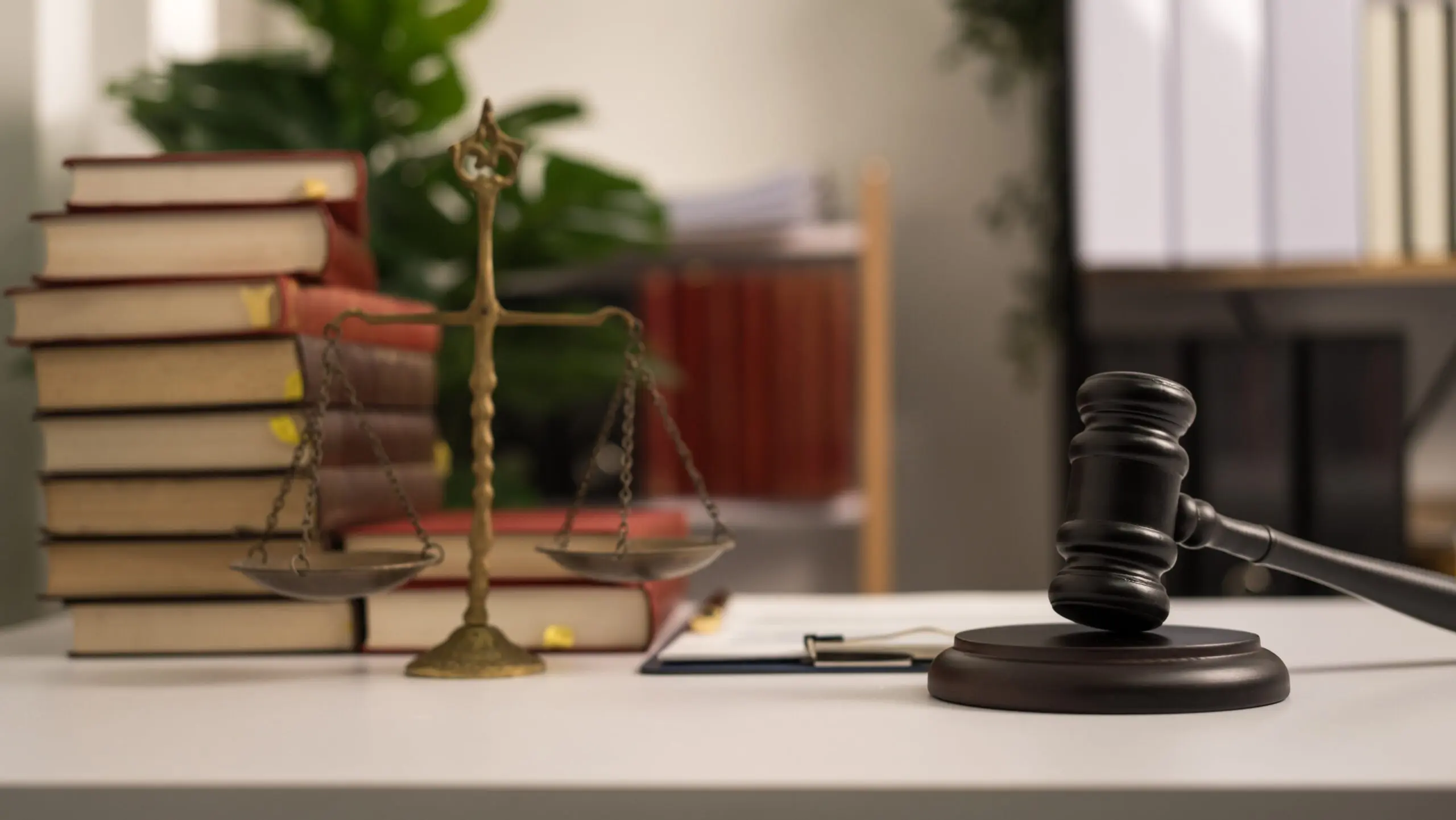What is Negligence?
Negligence is the failure to use a reasonable degree of care given the circumstances. The four elements of negligence are a duty owed to a plaintiff, a breach of that duty by the defendant, proximate cause, and injury or damage suffered by the plaintiff. It is essentially carelessness.
According to Black’s Law Dictionary, negligence is defined as “the failure to exercise the standard of care that a reasonably prudent person would have exercised in a similar situation.” As such, negligence refers to a failure to exercise the level of care that a reasonably prudent person would exercise in similar circumstances. It forms the basis of many personal injury claims and lawsuits, where a plaintiff alleges that their injuries or damages were caused by the negligent actions or omissions of another party.
Key elements of negligence include:
- Duty of care: The legal obligation of an individual or entity to exercise reasonable care to avoid causing harm to others. This duty may arise from professional relationships, ownership of property, or other circumstances.
- Breach of duty: A failure to fulfill the duty of care by acting or failing to act in a way that deviates from what a reasonably prudent person would do.
- Causation: The link between the defendant’s breach of duty and the plaintiff’s injuries or damages. It must be shown that the defendant’s actions or omissions directly caused harm to the plaintiff.
- Damages: Actual harm or losses suffered by the plaintiff as a result of the defendant’s negligent conduct, which may include physical injuries, emotional distress, property damage, or financial losses.
Legal principles related to negligence aim to compensate injured parties for their losses and encourage individuals and businesses to act responsibly to prevent foreseeable harm. For example, if your landlord doesn’t fix a rickety set of steps you let him to, and you fall through the steps a week later, the landlord is negligent in his duty of care. Understanding the elements of negligence is essential in personal injury cases and other legal disputes where liability is based on the failure to exercise reasonable care under specific circumstance
More information about Negligence
Williamsport Nursing Home Abuse Lawyer
Discovering abuse or neglect of an elderly family member is devastating. Many families feel overwhelmed by the process of documenting incidents, reporting to authorities, and pursuing legal action. At Munley Law, our legal team has spent decades working with families whose loved ones have suffered mistreatment in nursing homes and long-term care facilities.
Our attorneys regularly work with families throughout Williamsport and surrounding communities in Lycoming County. Our local knowledge, combined with our track record of successful nursing home abuse cases, allows us to build strong cases for our clients.
If you need a Williamsport nursing home abuse lawyer, contact Munley Law. Our elder abuse attorneys will meet with you for a free consultation to discuss the legal options available for your loved one.
Types of Nursing Home Abuse We Handle in Williamsport
Nursing home mistreatment takes many forms, including abuse and negligence. […]
Read MoreMore information about Negligence
Upper Darby Car Accident Lawyer
When catastrophic car accidents leave passengers seriously injured, every single aspect of their lives is affected. Life-altering physical injuries can leave a victim unable to return to work or their normal activities. The burden of immense physical pain and the post traumatic stress of the accident itself can be emotionally crippling. Finally, a major car accident can financially devastate even the wealthiest individuals or families.
If you’ve been involved in a car accident in Upper Darby, PA the last thing on your mind is a personal injury lawsuit. However, filing a car accident claim against the negligent parties who caused the crash isn’t about getting revenge. It’s about securing the financial compensation that you wouldn’t have needed had you not been involved in the accident. It’s as simple as that.
The Munley car accident lawyers have recovered millions for our clients in Upper Darby, Pennsylvania. While we can’t change what happened to you, […]
Read MoreMore information about Negligence
Media Personal Injury Lawyer

When you need a Media personal injury lawyer, the team at Munley Law understands what you’re going through. For 65 years, our attorneys have helped injured residents of Delaware County get the compensation they deserve after accidents and injuries. We bring deep knowledge of Pennsylvania law, local courts, and insurance practices to every case we handle.
From car crashes on Baltimore Pike to workplace injuries at local businesses, we’ve successfully represented thousands of clients in Media and throughout Delaware County. Our results speak for themselves: We’ve recovered millions in settlements and verdicts for our clients while providing personal attention to each case.
You don’t have to handle the stress of medical bills, lost wages, and insurance companies alone. Contact Munley Law for a free consultation. Our experienced personal injury attorneys are ready to review your case and explain your options. We only get paid if we win money for you. […]
Read MoreMore information about Negligence
Pennsylvania Crosswalk Accident Lawyer
With Pennsylvania seeing a concerning rise in pedestrian accidents at marked crosswalks, particularly in urban areas like Philadelphia and Pittsburgh, experienced legal representation is more needed than ever before. If you’ve been injured crossing the street, a Pennsylvania crosswalk accident lawyer at Munley Law can help you secure the compensation you deserve.
Our legal team has spent decades representing pedestrians struck by vehicles while legally crossing the street. We understand how devastating these accidents can be — from severe injuries that require extensive medical care to lost wages that put financial strain on your family.
Our attorneys work closely with accident reconstruction experts, gather surveillance footage, interview witnesses, and build strong cases against negligent drivers and their insurance companies.
Contact Munley Law today for a free consultation with our crosswalk accident attorneys. We’ll review your case, explain your legal options, and fight to protect your rights while you tend to your recovery. […]
Read MoreMore information about Negligence
York Premises Liability Lawyer
Property owners are legally obligated to maintain safe conditions for visitors and workers. If you’ve been injured on someone else’s property—whether you slipped on an icy walkway at a shopping center, fell down poorly maintained stairs at an apartment complex, or were hurt at a construction site—a York premises liability lawyer from Munley Law can help. For 65 years, our legal team has represented York County residents who’ve suffered injuries due to negligent property maintenance and inadequate security.
Contact Munley Law for a free consultation to discuss your case. Our experienced attorneys will evaluate your situation, explain your legal options, and fight to hold negligent property owners accountable.
How Our York Premises Liability Lawyers Can Help
 When you work with Munley Law, our premises liability attorneys handle every aspect of your case. Our team thoroughly investigates your accident, gathering security footage, maintenance records, […]
When you work with Munley Law, our premises liability attorneys handle every aspect of your case. Our team thoroughly investigates your accident, gathering security footage, maintenance records, […]









